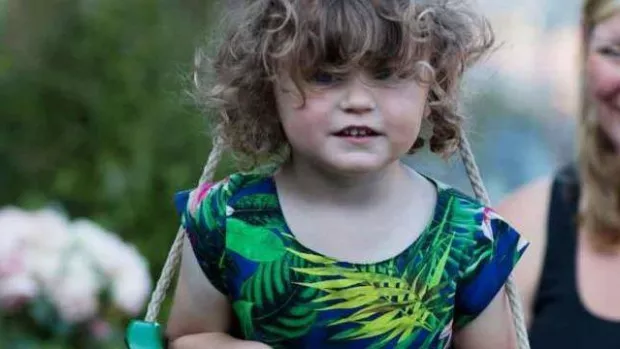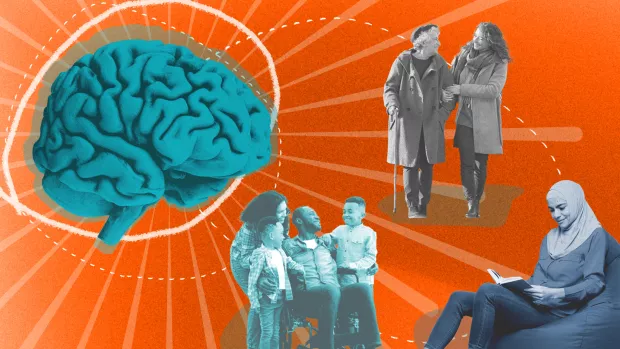
Living with progressive MS: We care about our carers
Nina, who lives with secondary progressive MS, writes about the people closest to her – her loved ones who are sometimes her carers too.
A diagnosis of MS never just affects ourselves – whether it was recent or happened 30 years ago like mine. It also has an impact on our loved ones, and our wider family and friends. I want them to know how much I appreciate them.
Changing relationships
From the moment of diagnosis, our relationship with those around us changes in some way. Mine certainly did, but it wasn’t so bad. Yes, I’ve experienced a sense of loss for the things I haven’t been able to do. But that’s balanced by all the things it’s enabled me to do – like spending more quality time with my children as they grew up.
MS is a journey, with varying symptoms and experiences. Those of us lucky enough to have close family and friends might find that sometimes loved ones become our carers too. For me, this process of caring has evolved, along with my relationship with these people. And it’s been important to recognise these changes and accept their help. Although it hasn’t been easy.
Emotional support
I’ve had episodes of feeling angry, frustrated and depressed. I’ve been in pain or exasperated by the physical or mental limits put on me by my MS. My family and friends – my carers – remain stoically reassuring and understanding. They encourage me to be positive and help me get through the bad times.
At the same time, I know they sometimes feel angry and exasperated with the situation, though they rarely show it. They continue to deliver selfless support, with great empathy. The anger, when it does surface, is towards the MS. Blaming the MS, and not the person. Wanting to go and take it out on a punch bag with the letters MS on it.
Letting everyone be heard
Life with MS involves making priorities, compromises and adaptations to our daily lives all the time. And it never just involves me. We all need to agree and recognise why something needs to change. And we need to be open with each other when something’s upsetting or disappointing.
Finding a happy compromise has not always been easy.
Good communication is so important, especially in difficult or challenging situations. Honest discussions can be very helpful. There’s sometimes an offer from the NHS of counselling and specialist support for me – the person with MS. But that’s not always on offer to my loved ones.
I always encourage family and friends to speak to others in a similar situation, or to contact the MS Helpline or a carer organisation. It’s just as important for them as it is for me. I wish it was easier for them to access counselling too.
Carers – family and friends – we appreciate you to the moon and back.



